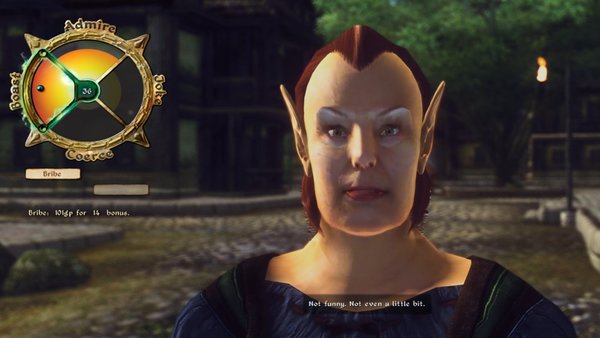

The Court went on to say, in a broadly worded directive, that all individuals in the countries within its jurisdiction had the right to prohibit Google from linking to items that were “inadequate, irrelevant or no longer relevant, or excessive in relation to the purposes for which they were processed and in the light of the time that has elapsed.” La Vanguardia could leave the Costeja items up on its Web site, but Google was prohibited from linking to them on any searches relating to Costeja’s name. This spring, the European Court of Justice, which operates as a kind of Supreme Court for the twenty-eight members of the European Union, affirmed the Spanish agency’s decisions. The Spanish Data Protection Agency, which is the local representative of a Continent-wide network of computer-privacy regulators, denied the claim against La Vanguardia but granted the claim against Google. In 2010, Costeja went to Spanish authorities to demand that the newspaper remove the items from its Web site and that Google remove the links from searches for his name. Costeja cleared up the financial difficulties, but the newspaper records continued to surface whenever anyone Googled his name. In 1998, a Spanish newspaper called La Vanguardia published two small notices stating that certain property owned by a lawyer named Mario Costeja González was going to be auctioned to pay off his debts. The situation is different in Europe, thanks to a court case that was decided earlier this year. Despite the varied circumstances, all these people want something that does not exist in the United States: the right to be forgotten.

In recent years, many people have made the same kind of effort, from actors who don’t want their private photographs in broad circulation to ex-convicts who don’t want their long-ago legal troubles to prevent them from finding jobs. It’ll blow over.’ ” Nevertheless, Catsouras embarked on a modern legal quest: to remove information from the Internet. “But, other than that, people told me there was nothing I could do,” he recalled. Once received, the photographs were forwarded to others, and thus spread across the Internet like a malignant firestorm, popping up on thousands of Web sites.”Īlready bereft of his eldest daughter, Catsouras told his three other girls that they couldn’t look at the Internet. As summarized in a later court filing, the employees had “e-mailed nine gruesome death images to their friends and family members on Halloween-for pure shock value.

We asked the C.H.P., and they said they would look into it.” In short order, two employees admitted that they had shared the photographs. “He said he had heard from a neighbor that the photos from the crash were circulating on the Internet. “About two weeks after the accident, I got a call from my brother-in-law,” Christos Catsouras, Nikki’s father, told me. The European Court ruled that Google must delete certain links that violate privacy.


 0 kommentar(er)
0 kommentar(er)
